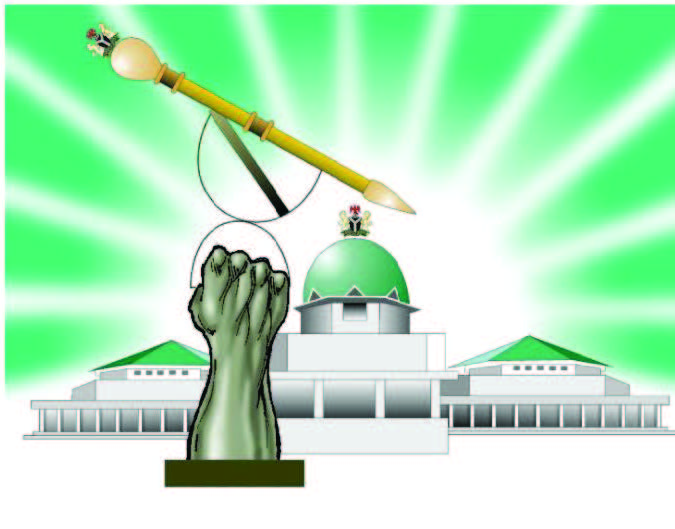After 26 years of uninterrupted democracy, Nigeria’s legislative arm has passed landmark laws and occasionally checked executive power, yet oversight remains weak, constituency representation inadequate, and gender inclusion minimal. Despite progress, the National Assembly still struggles to meet citizens’ expectations of accountability, responsiveness, and inclusivity. Sunday Aborisade reports.
Twenty-six years after Nigeria’s return to democracy, the National Assembly remains one of the most visible symbols of the country’s democratic experiment. The legislature was restored in June, 1999 as part of the 1999 Constitution of the Federal Republic of Nigeria after years of military decrees and authoritarian governance.
